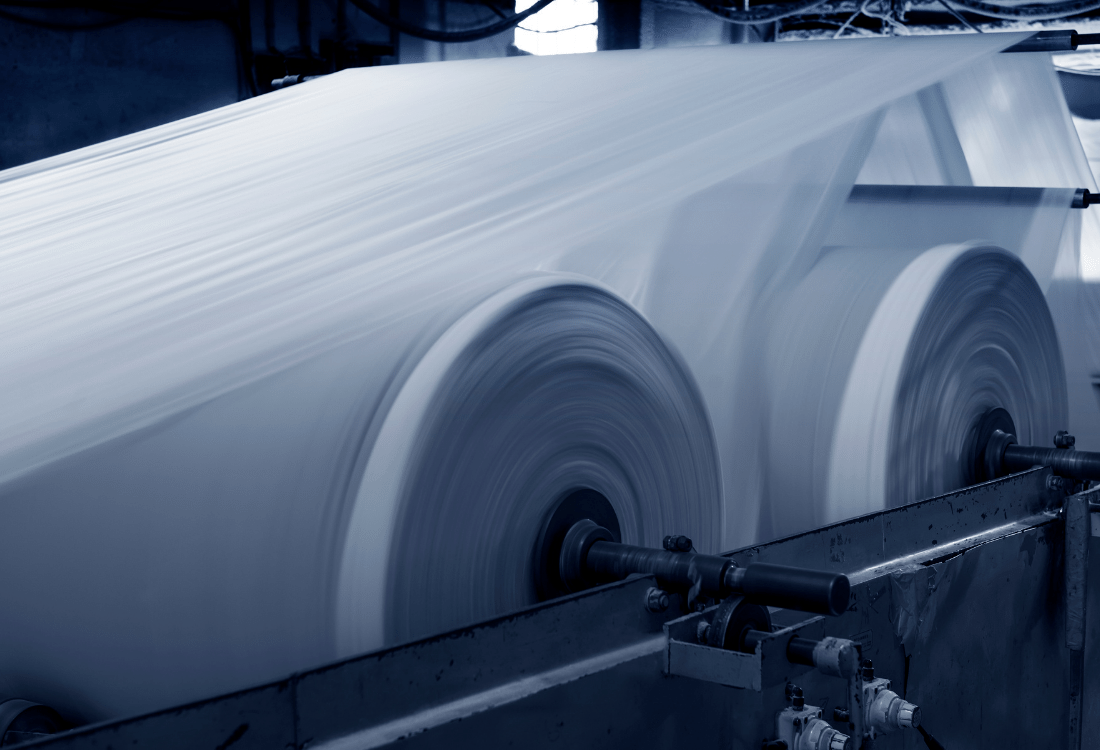
Beyond Quality Control: Exploring The Versatility Of Mid-Infrared Spectroscopy In The Pulp And Paper Industry
In the pulp and paper industry, at a time of rising prices and increasing environmental concerns, it's important to achieve quality, efficiency, and sustainability. While quality control has traditionally been the focus, a versatile technology called mid-infrared (MIR) spectroscopy is emerging as a powerful tool in the industrial paper-making process.

MIR spectrometers go beyond quality control to provide valuable insights into the chemical composition of pulping liquors, optimization of processes, cost savings and environmental impact reduction.
The IRmadillo is a robust and reliable MIR spectrometer, specifically designed for the analysis of liquids in real-time during pulp and paper manufacturing processes. this article will discuss the main benefits of using MIR spectrometers in pulp and paper production.
Optimize Performance Process
In the kraft process, which is widely used for pulp production, MIR spectrometers can monitor the chemical composition of pulping liquors. The chemicals contained in the liquors, such as sodium hydroxide and sodium sulphide, are critical for breaking down lignin and extracting cellulose. By continuously analyzing the composition of the liquors, MIR spectroscopy enables real-time monitoring and adjustment of the process parameters, leading to improved process efficiency and cost savings.
Improve Efficiency
A key advantage of MIR spectroscopy in the pulp and paper industry is its ability to analyze samples in their native state, without the need for sample preparation or destruction. This removes the time-consuming process of laboratory sample processing and improves mill efficiency. By quickly obtaining chemical composition data, prompt process adjustments can be made, reducing downtime and optimizing productivity.
Reduce Waste
Expensive chemicals are added to the paper manufacturing process to achieve high-quality results. Monitoring the concentration of these chemicals in the white water - the recycled water used in the process - helps mills to reduce costs. MIR spectroscopy enables accurate and rapid analysis of the chemical composition of the white water. This allows manufacturers to optimize chemical dosing and minimize waste, achieving better cost-efficiency.
Improve Sustainability
MIR spectroscopy can also be employed to analyze the chemical composition of waste streams generated during the pulp and paper production process. This analysis will enable you to identify ways to reduce your business’s environmental impact and implement strategies to cut the release of harmful substances and recycle valuable components. By implementing MIR spectroscopy, you’ll be able to market your business’s commitment to sustainability.
A Non-Invasive Way To Achieve Process Improvement
The complexity of the chemical reactions involved in the kraft process, occurring inside the boiler, digesters, and causticizers, underscores the importance of understanding these reactions for cost savings and process improvement. MIR spectroscopy provides a non-invasive and real-time analytical technique to monitor these reactions and optimize their performance. By gaining insights into the chemical changes occurring in these reactors, mill operators can fine-tune process parameters, reduce energy consumption, and enhance product quality.
Improve Your Pulp And Paper Production
To find out more about how IRmadillo can improve the pulp and paper production process, please download our brochure or contact us today.
 Image Source: Canva
Image Source: Canva
